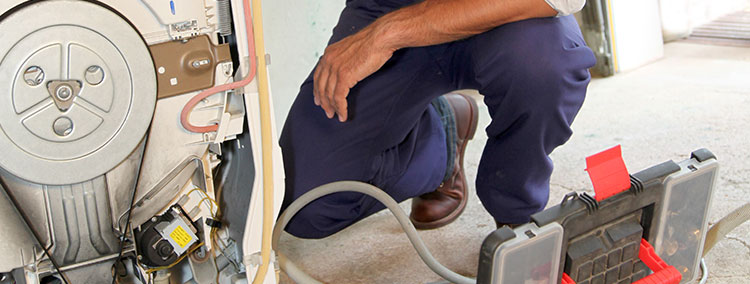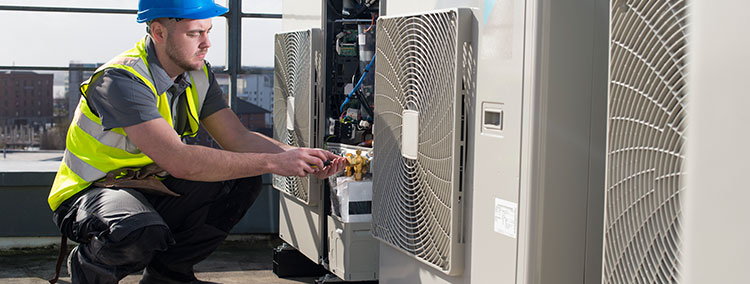How you handle your washing machine comes in handy in determining its durability and effectiveness. Have you just started using the machine? Here are a few dos and don’ts you should be aware of as given by washer repair professionals:
Do ensure the washing machine is level
One of the important things you need to do is to ensure that the machine is installed correctly. This calls for you to ensure that the machine is on level ground. Remember that if your machine isn’t balanced, it will regularly develop problems with the spin cycle.
You will also have problems if the machine isn’t correctly installed. For example, if your machine is poorly installed and the waste hose is too high or too low, it won’t function as well as it should.
When the machine is improperly installed, you have a problem maintaining pressure in the pipes. When the pressure is too low, there is the risk of flooding, which can turn the machine off. The pump might not get strong enough to push the water out when the pressure is too high.
For your unit to function correctly, you need to install it properly. Thankfully, most machines come with instruction manuals that guide you on how to install the machine properly. Follow the manual and install the machine, but if you have a problem doing it, let a professional help you.
Do consider the capacity of the machine.
When loading the machine, pay close attention to the machine’s capacity. As a rule of thumb, don’t simply stuff the drum, as this puts too much pressure on the bearings, suspension, motor, and other parts of the unit, triggering the unit to wear out.
Overloading the machine also reduces the quality of the wash.
To stay safe, pay attention to your machine’s maximum capacity and do not overstuff it.
If you have a top loader, ensure that you balance your load. This is because having the weight on one side increases the chances of the machine getting damaged as it spins.
If the situation doesn’t allow it and you have to run an unbalanced load, take care and reduce the spin speed to reduce the chances of breakages.
Do empty your pockets and clean the filters.
Emptying the pockets before putting the clothes in the washing machine might sound obvious, but you will be shocked by the number of people that forget to do it.
Besides coins and other metals getting into the drum and damaging it, there is the risk of different types of debris, such as papers and cloth fibers, getting into the pipework and damaging the various components.
To ensure this doesn’t happen, always empty your pockets before you place the clothes in the washing machine.
If you regularly forget to empty your pockets, remember to clean the filters. Thankfully, most washers come with well-detailed manuals. You should read the manual and find a way to access the filters and clean them properly.
Don’t use too much detergent.
You might argue that using more than usual detergent will get your clothes cleaner, but this isn’t the case. It has been shown that using too much detergent than usual leaves residues on your clothing; hence you don’t have clean clothes at the end of the cycle.
To easily keep your clothes clean, use the right amount of detergent. If you aren’t sure about the right one to go for, get a guide from the manual.
Don’t leave wet clothes in the washing machine for a long time
Some people wash their clothes and then forget them in the washing machine. This is wrong as the moisture from the wet clothes leads to a buildup of mold in your washing machine’s drum and even sometimes on your clothes.
When washing your clothes, it’s good that you concentrate on them. This calls for you to focus on cleaning the clothes and only get to other activities once you are done.
When you finish washing the clothes, appliance repair Alexandria professionals recommend you remove the clothes from the washer as soon as possible after you complete the rinse cycle. You should then leave the clothes to dry outside naturally.


